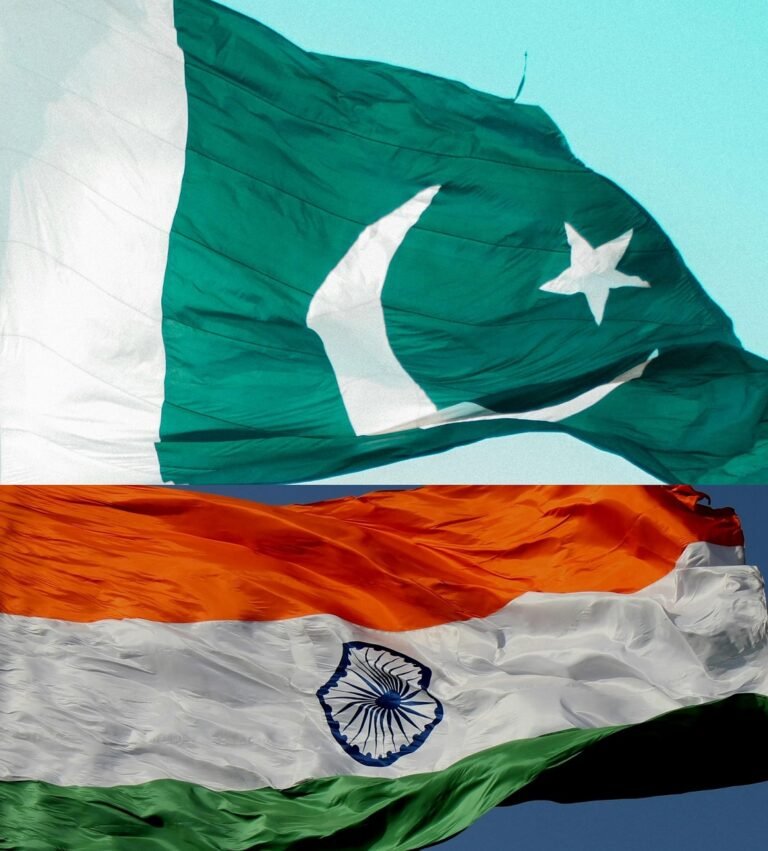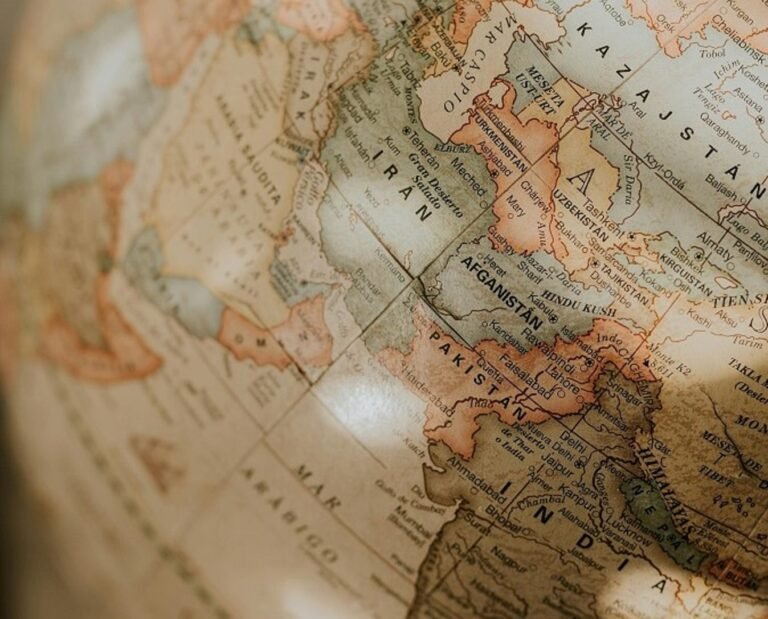Pakistan needs to follow its Nuclear Policy for its Kashmir Policy. It is evident that the Nuclear Policy of Pakistan remained consistent over a long period of time. Moreover, it is one of the most successful policies in the country’s history. The policy remain unchanged even after several changes in regimes, governments and even the military rule. Pakistan’s Nuclear Policy helped in achieving the country’s vision of becoming a nuclear state while facing several domestic and international pressures, economic challenges, political rifts and rivalries and direct and indirect influence of opposing actors.
An Overview of Pakistan’s Nuclear Policy
Pakistan’s Nuclear Policy had a single major clause: Pakistan has to become a nuclear power to fight the regional hegemony of Indian State. The actual policy came after the Indo-Pak war of 1971. Pakistan had decided to launch its nuclear program while perceiving the long term challenge it faced from its arch rival: India. Although, the country had faced a serious setback in terms of creation of Bangladesh out of its own territory. The country’s leadership rightly strategized by developing its nuclear weapons in January 1972.
The program was launched by the Pakistan Peoples Party Chairman Zulfiqar Ali Bhutto. Although, a martial law imposed in the country in 1977 that overthrew all the institutions and policies of the previous government. The nuclear policy remained the same. Later, with the successive political governments in the decade of 1990’s, there were multiple difference on various policies. Sometimes, these political differences rose to unimaginable heights which included exile and arrests of opponents. Yet, the entire political and military leadership viewed Pakistan’s Nuclear Bomb as its most significant security apparatus for the future. Most importantly, a common Pakistani viewed it as one of the most strategic endeavors. Thus, it helped Pakistan in becoming a Nuclear Power within 26 years of its launch of the program.
One major lesson from Pakistan’s Nuclear Policy is that it survived all the internal and external pressures, political and economic challenges, yet it remained consistent. It remained rooted in the belief that Pakistan has to become a nuclear power, come what may. And it included both, an overt and covert plan to manage any pressures right from the top to bottom. It was based on a sincere belief that Pakistan’s Nuclear Bomb is imperative for its survival.
An Overview of Pakistan’s Kashmir Policy
Pakistan has always claimed that Kashmir is its jugular vein. Although, it is enshrined in its core structure with the words of its founder. Yet, there is a clear basis of oneness of both on the basis of identity, culture and religion as well.
The creation of India and Pakistan were verily based on the principles of two nations theory. Therefore, the practical and viable option was to accede a the region with vast Muslim population to Pakistan. Yet, the issue was mishandled through a political gimmick in 1948. Thus, Pakistan had demanded a solution for the Muslims of Kashmir as per their own wishes.
Pakistan’s Kashmir Policy has been pretty simple. It has demanded the right of self determination of Kashmiri people since the beginning of this dispute. It encompasses the basic human right for the people of Kashmir to decide their fate according to their own wishes. Most importantly, India and Pakistan fought a war on Kashmir immediately after their independence. The war of 1948 ended with intervention from the United Nations and international powers who had supported the idea of a plebiscite.
Pakistan had agreed to the UN resolutions and it has been demanding the conduct of plebiscite since their passage. Pakistan has always supported the idea of Kashmir’s independence from Indian State under the international legal framework. Pakistan has also always supported the cause of Kashmiri freedom fighters in the region.
However, there has been major shifts in Pakistan’s Kashmir Policy during various governments and regimes. We would find some governments to take major initiatives on the Kashmir issue. On the other hand, there were steps to de-escalate the issue during some regimes.
Kashmir issue needs to be a strategic issue of the State; ideally connected with its core cause of existence and survival; rather than a political issue only.
UN Resolutions on Kashmir
The United Nations Commission for India and Pakistan on Kashmir issue was given the mandate to utilize all resource for resolution of the dispute. Its clauses stated:
- Being strongly of the opinion that the early restoration of peace and order in Jammu and Kashmir is essential and that India and Pakistan should do their utmost to bring about a cessation of all fighting,
- Noting with satisfaction that both India and Pakistan desire that the question of the accession of Jammu and Kashmir to India or Pakistan should be decided through the democratic method of a free and impartial plebiscite
Moreover, the UN resolutions of 5 January 1949 rightly stated: “The question of accession of the State of Jammu & Kashmir to India or Pakistan will be decided through the democratic method of a free and impartial plebiscite”.
Indian Aggression in Kashmir
Although, India remained claiming that it is a secular nation and it will not impose its ideology on Muslims; it will offer social, political and religious freedoms to the Muslims of India. The founder of Pakistan had rightly understood the motive of Hindu leadership in India at that time which is quiet evident today with demolition of mosques and promotion of Hindutva in the Indian territories.
Currently, India has completely taken over the occupied territory of Kashmir under its control. Moreover, Indian authorities have made major demographic changes in the region. Thus, the Kashmir’s plebiscite may not be relevant anymore.
Current Challenge of Kashmir
The issue of Kashmir is taking a new turn with aggressive Indian approach of changing the entire demography of this region. Currently, the Kashmiri youth is feeling disowned and it is quiet likely that an indigenous movements may take over the national narratives from India and Pakistan. This requires a careful analysis of Kashmir’s situation from Pakistan’s perspective.
TNF Articles: Why Pakistan needs to regulate Social Media?
The other major issues for local Kashmiris include their political dissatisfaction with the current governance model; both in Muzaffarabad and Islamabad.
What should be the Kashmir Policy?
Pakistan’s Kashmir Policy should of course stand focused on supporting the Kashmiri people for their right of self determination. Yet, it requires a stronghold of its institutional framework which can ensure that its core policy is aligned over a longer period. Moreover, it needs to ensure that the Kashmiri people are engaged on any policy change or shift which will have buy-in of the local communities.
Most importantly, Pakistan should maintain an original database of Kashmiri people of Illegally Indian Occupied Kashmir. This is more important in the current scenario as India has started moving its citizens into the Kashmir’s territory. Although, it is a disputed land between India and Pakistan. India has unilaterally announced the merger of occupied territory. Thus, Pakistan requires a registry of Kashmir’s original population which should be available in a census format.
Lastly, Pakistan’s Kashmir Policy requires a clear step-by-step plan of action with deliberations from several stakeholders within and outside the country. The same policy should also outline a more clearer engagement plan with national and international actors, the international humanitarian and multilateral organizations and individual milestones for Pakistan and its allies.








